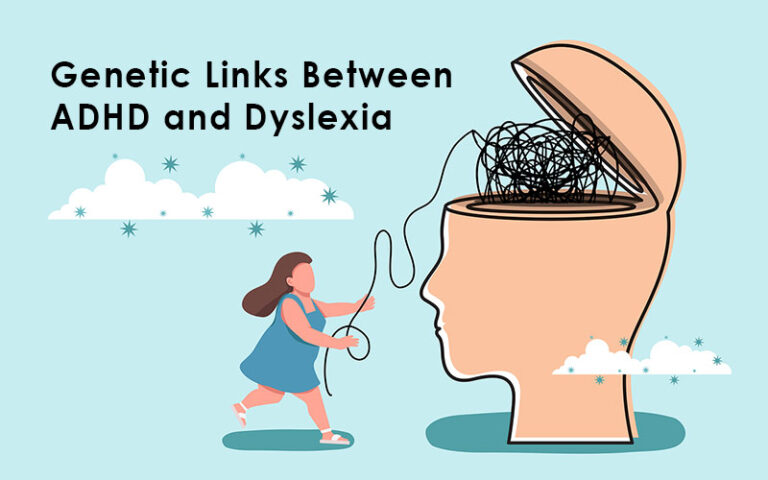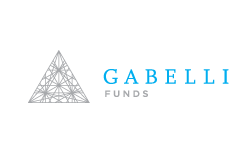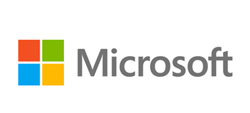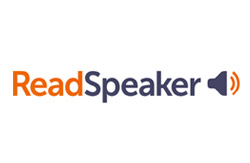
ADHD Research in 2025: Groundbreaking New Studies Transform Our Understanding
New research reveals ADHD often lasts into adulthood, with gender gaps, brain differences, and evolving treatments reshaping how we understand the disorder.
Accessibility Tools
One in five students, or 15-20% of the population, have a language-based learning disability.
Source: Legistar


New research reveals ADHD often lasts into adulthood, with gender gaps, brain differences, and evolving treatments reshaping how we understand the disorder.

The Bush Center is located on the campus of Southern Methodist University in Dallas, Texas, and invites you to learn about President and Mrs. Bush

Groundbreaking study finds 174 shared genes between ADHD and dyslexia, shedding light on their co-occurrence and paving way for more targeted treatments.










LD Resources Foundation Inc (LDRF), operates a helpline assistive service to respond to individuals, parents, social workers and advocates requiring assistance with a particular challenge they are facing in obtaining services for a learning disabled child or adult.